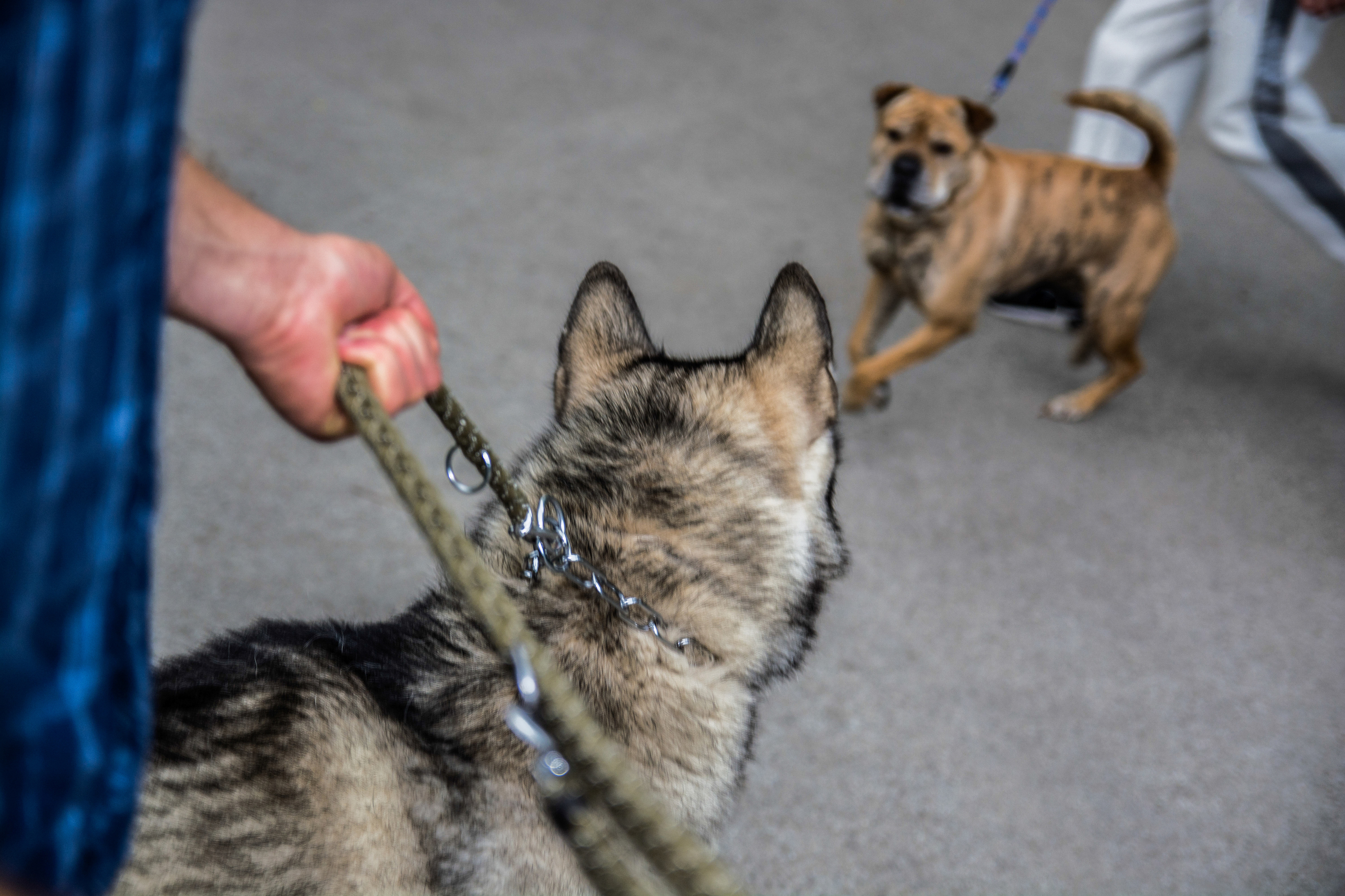
THE Government’s strategy for tackling dangerous dogs is “misguided” and should be subject to a full-scale review, MPs have said.
Laws introduced in 1991 outlawed certain breeds or types of dog to protect the public from attacks but the number of deaths and injuries has continued to rise – most of them involving legal breeds.
Hospital admissions for dog attacks have increased by 81% since 2005 and an “unacceptably high” number of victims suffer life-changing injuries, the Environment, Food and Rural Affairs (Efra) Committee said.
Harmless dogs are being destroyed because they are banned breeds and cannot be rehomed even if they are good-tempered, which committee chairman Neil Parish branded “cruel and illogical”.
The ban on transferring animals of banned breeds to new owners, if they are deemed to be safe, should be lifted immediately, the committee’s report said.
An independent review should be launched into the reasons for dog attacks and aggression, including whether banned breeds pose an inherently greater threat, and if not, the law should be changed.
The Government should also undertake a comprehensive review of the laws and policy on dangerous dogs, and support an alternative model that focuses on prevention through education, early intervention and robust sanctions.
Mandatory training and education courses should be introduced for minor dog offences, similar to speed awareness courses for drivers.
With young children at risk of serious injury, ministers should support wider dog awareness training for schoolchildren, the MPs said, and there should be a targeted awareness campaign for dog owners and the general public on dealing with dogs safely.
A new “dog control act” should be introduced to consolidate the existing patchwork of legislation, with dedicated dog control notices to allow for early intervention in incidents.
Mr Parish said: “The Government’s current strategy for tackling dangerous dogs is well-intentioned but misguided.
“Existing laws and the breed ban have not stemmed the rising tide of injuries and deaths from dog attacks.
“Children and adults are suffering horrific injuries, many of them avoidable. This is unacceptable.
“The public must be properly protected, and we are therefore calling for a full-scale review of existing dog control strategies.”
He said the Dangerous Dogs Act was “riddled with inconsistencies, harms animal welfare unnecessarily, and offers false reassurances to policymakers and the general public”.
“All dogs can be dangerous, and we can’t ban all dogs that might one day bite someone.
“Evidence from across the world shows that the Government should focus instead on encouraging responsible ownership, improving education and ensuring offenders face robust penalties.”
A spokeswoman for Battersea Dogs and Cats Home welcomed the report and its call for charities to be allowed to rehome banned breeds if the dog passes a strict behavioural assessment.
“Rescue centres across the UK are currently not allowed to rehome any dog found by the police to be a banned breed type and are forced to put them to sleep, even though many could have gone on to be lovely pets.
“For years, Battersea and other rescue centres who deal with the consequences of this failed legislation first-hand have been calling for it to be changed and we’re very pleased that the Efra Committee has listened to us.”
An Environment Department (Defra) spokesman said: “Dog attacks can have horrific consequences for victims and families. Through the Dangerous Dogs Act, the owners of dogs who are dangerously out of control will be given tough prison sentences.
“Prohibiting breeds of dogs that are bred for fighting is critical to tackling the heightened risk they pose. However, any dog can become dangerous if it is kept by irresponsible owners in the wrong environment, which is why the Act covers any type of dog that is dangerously out of control.
“We will formally respond to this report in due course.”

Enjoy the convenience of having The Sunday Post delivered as a digital ePaper straight to your smartphone, tablet or computer.
Subscribe for only £5.49 a month and enjoy all the benefits of the printed paper as a digital replica.
Subscribe